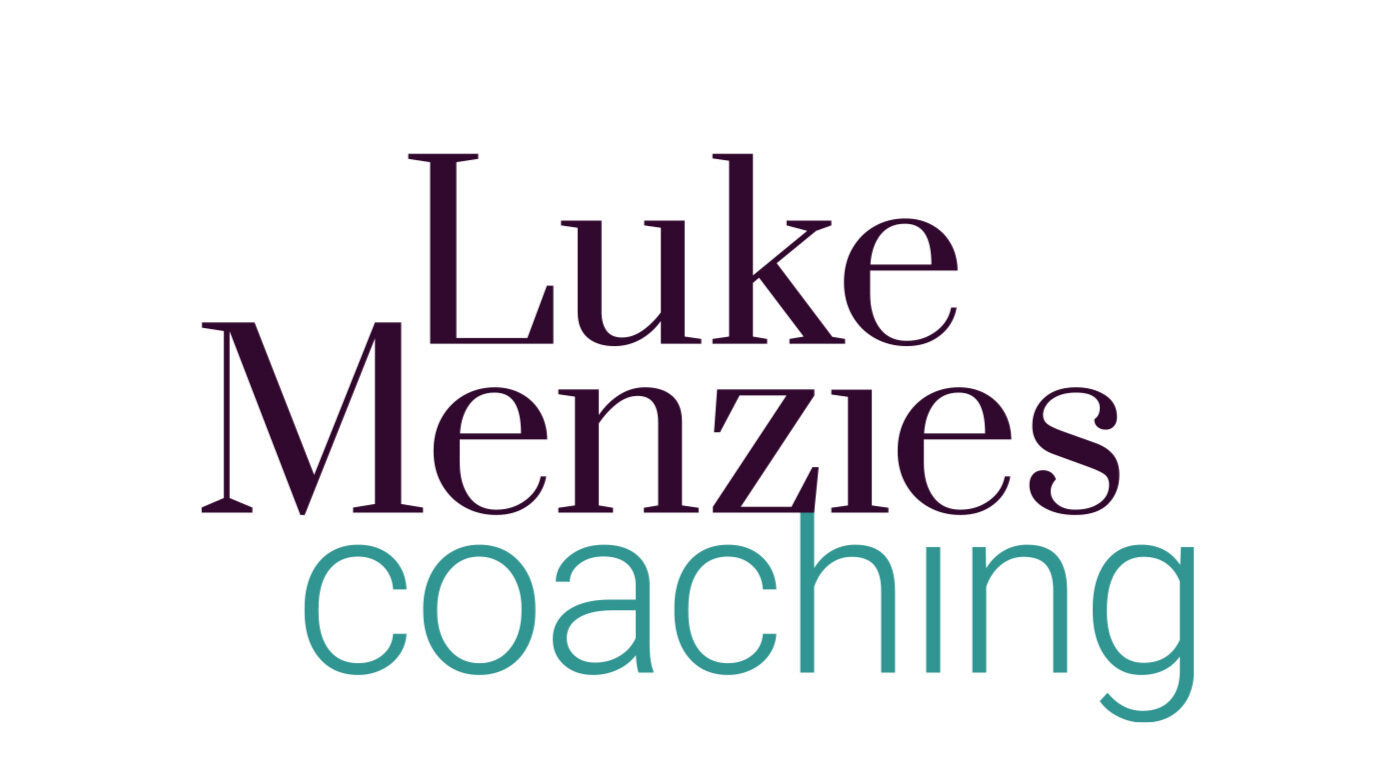Lawyers and the Negativity Trap
Negativity (as a mindset) has been shown to be bad for success in all careers except for law.
That is to say, in the legal profession a negative mindset is correlated with success. I don’t believe that a negative mindset is in fact necessary or helpful in a legal career, but it nonetheless runs rampant in the legal profession and doesn’t seem to actually prevent success in the legal sector.
But while negativity may not prevent success, it certainly has a lot of downsides – harm to enterprise and personal relationships being just two of them.
How does this happen?
I think my own experience as a lawyer was very common – academically bright, tenacious and willing to do a lot of hard study, I saw a legal career as offering status, high earnings and security. I lapped up my legal training and loved the intellectual rigour of it. I felt myself to be ‘very clever’ as I learned how to deconstruct everything, seeing all the flaws, inconsistencies and weaknesses in things. Weaknesses were particularly fun to find, since a lot of my training was to demolish other people’s ideas.
I can literally remember the realisation that I now saw the world very differently from before my legal training. I was a logic machine. It felt powerful and exciting.
On a conscious level, I was now far more rational and meticulous. At a neurological level, my brain had rewired certain key thinking pathways. I was now rewired.
And guess what? The negative mindset cannot be constrained to just your legal studies or the hours of the day when you are practising the law. It tends to seep into every aspect of how you see the world and how to you relate to other people, to hobbies, current affairs, personal relationships and even how far you are able to enjoy films and TV.
Into practice
The neural rewiring doesn’t just end at law school. There are other occupations that also require mental training in logic, such as medicine, engineering and computer science, but they don’t tend to lead those in those professions to have the same strong preference for negative thinking throughout their working lives that we tend to see in law.
What lawyers get on top of that powerful grounding in logic at law school is then an extra-strong dose of negativity in our final stages of training and in our legal practice. We are trained to focus on everything that could go wrong. Absolutely everything. And then to be concerned with how to either guard against it or at least do our best to protect our clients from the consequences of whatever may go wrong.
The contract example
Every contract and set of terms & conditions is an exercise in thinking of all the things that could go wrong with a relationship and how to prevent it or deal with it, if it happens.
My own legal field of employment law is a great example. When we are creating an employment law contract or a staff policy for a client, all of our attention is on our experience of how employment relationships go wrong and how to tie the employee down to behaving themselves in all those circumstances. Or to make it easy for them to be seen to have clearly broken the rules so that the employer can discipline or dismiss them.
Employment contracts and staff policies are not really there for the vast majority of employees – certainly not the decent ones. (After all, when did you last read your contract or staff handbook?) No, they are there almost entirely for the small minority of cases where the employment relationship goes south and people need pulling back in line, or worse.
The Trap
Some lawyers are able to avoid the negativity trap and I salute them. I’m not sure how they do it, but it seems to often come from already having a clear and positive view of the good that that there is in the world, and how they wish to live according to that, before they start their legal training.
But for the majority of lawyers, I see the negativity trap having its malign effect everywhere. The tendency to have a gloomy, cynical view of life, seeing all the flaws and risks around us, tends to throttle innovation and enterprise. Have you ever wondered why the legal profession tends to be so old-fashioned and resistant to change and new ideas?
It also produces poor leaders and people managers. It results in poor client relationships. And it can often harm personal relationships. (Show me one person who says that being married to a lawyer means a life of easy-going fun and relaxed appreciation of the simple things in life, and I’ll show you 100 who feel the opposite!) At its worst, it can result in poor mental health.
So what to do?
I am not suggesting that lawyers need to become frivolous, carefree or blindly optimistic, because that wouldn’t work either (although a dash of this at the weekends would be no bad thing).
Rather, my experience is that lawyers can become more successful, happier and more fulfilled in all aspects of life if they learn to spot their negative thought patterns and learn to be able to switch to a more positive mindset as their default setting.
Those who see the world – and their legal work - as a place of opportunity, fun, innovation and enjoyment are going to have such a pleasanter life. They are also likely to positively influence those around them, which the legal sector badly needs.
As you’ve guessed, helping lawyers to find and dial up their positivity and to recognise how to avoid the negativity trap is a significant part of my coaching work in the legal sector. If any of this resonates with you, I’d love to have a chat.




